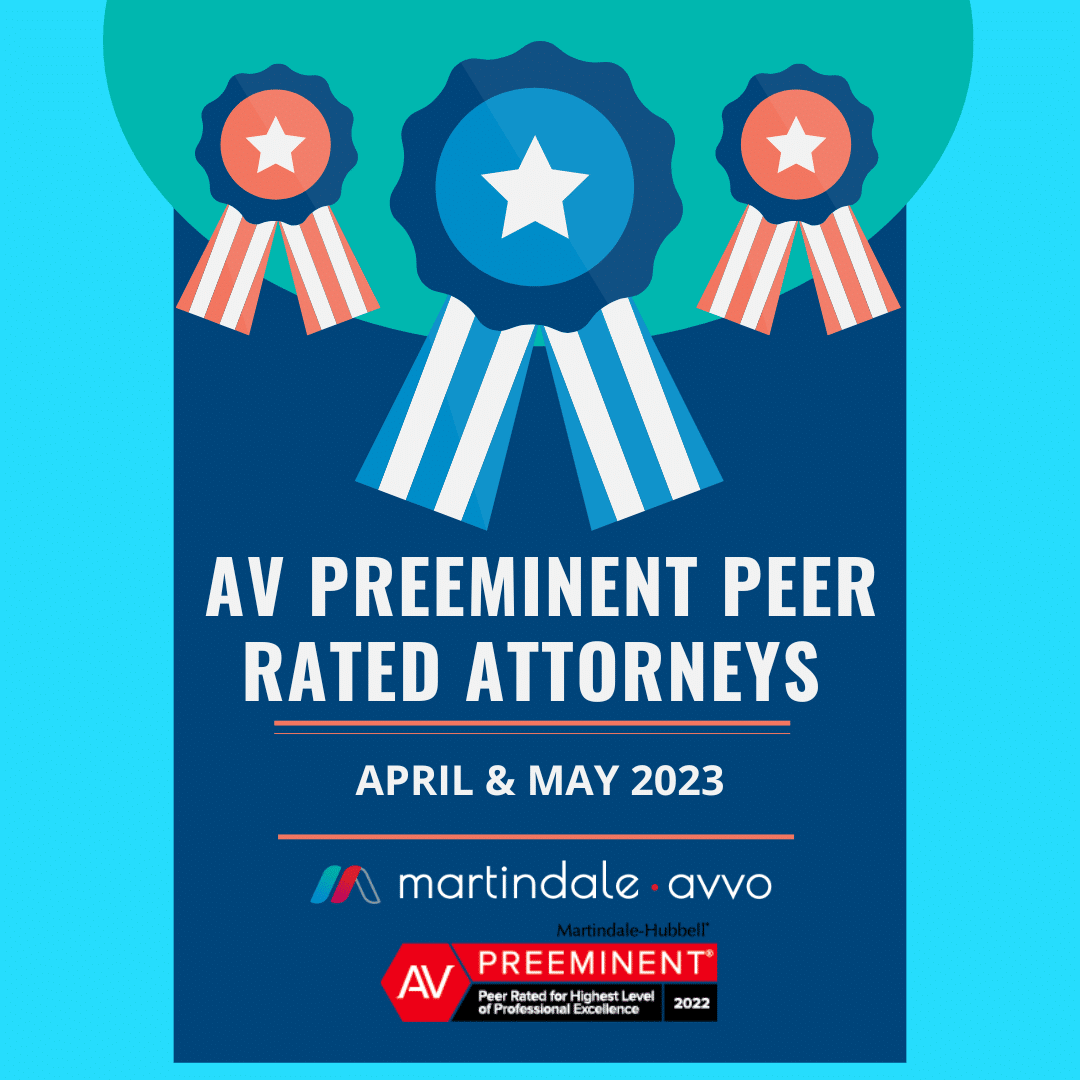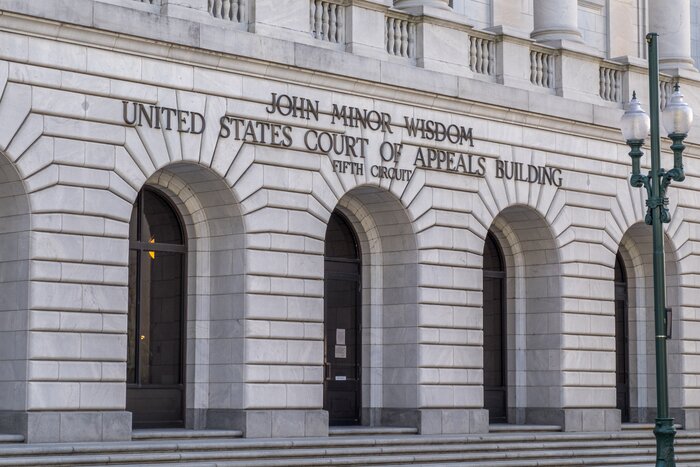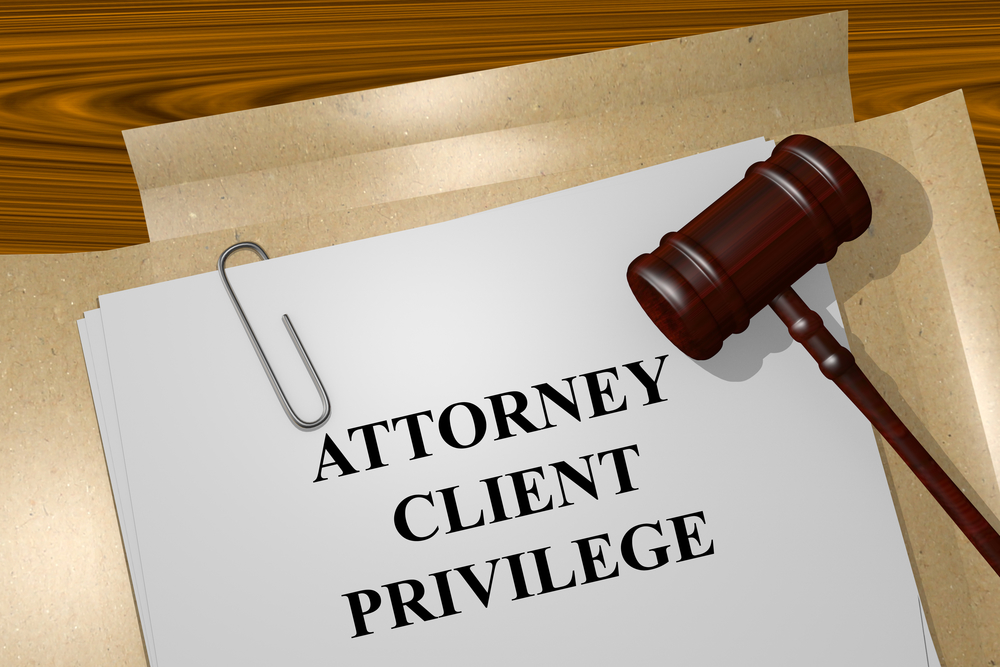By Patrick Dorrian/ Bloomberg Law
Delta Air Lines Inc. must face a female pilot’s claims of workplace sexual harassment and that she was retaliated against for complaining about gender bias and harassment, including by being forced to undergo retreatment for alcohol abuse.
The ruling by the US District Court for the District of Minnesota rejected Delta’s contention that the retreatment requirement and other job actions cited by the pilot weren’t adverse for purposes of proving job retaliation, but instead were “beneficial opportunities” permitted by its collective bargaining agreement with her union. Binding case law “indicates otherwise,” the court said.
According to Andrea Ratfield, Delta’s adverse employment actions also included threatening her with termination and suspension, and manipulating her use of leave so it could demote her from captain to first officer. She started drinking to deal with trauma stemming from an incident in which she was raped while attending an aviation event in September 2017, which she reported to her supervisor, Ratfield says.
Ratfield says the sexual harassment she’s experienced in her Delta tenure includes being groped, her training manager asking her on a date, a supervisor calling her “princess,” and lewd hand gestures and comments. A supervisor also allegedly bragged to others that he had seen Ratfield’s breasts while she was breastfeeding, Judge Katherine Menendez said.
Those allegations sufficiently state a hostile work environment claim under the Minnesota Human Rights Act, the judge said. The alleged acts of harassment may be “of the type brushed off by courts in different eras,” but they “comprise the sort of workplace behavior today that reasonable people” likely wouldn’t tolerate, Menendez said.
At least two of the incidents alleged by Ratfield occurred within the time period for suing, the court said.
Her retaliation claims are plausible in light of the alleged close timing—two weeks—between when she reported unfair and discriminatory treatment and when Delta refused to accept secondary test results she received that contradicted an allegedly false positive test that triggered the retreatment requirement, Menendez said.
Ratfield also alleges the retreatment facility was told that she rubbed people at Delta the wrong way and that supervisors further tried to sabotage her retreatment and effort to regain her license to fly by sharing her false positive test with the facility, the judge said.
The court dismissed Ratfield’s gender discrimination claims, including her allegations that Delta accepted secondary test results from male pilots under similar circumstances, but not from her.
Those claims require Ratfield to prove she was qualified to be a pilot and thus implicate terms of her union CBA, Menendez said. They therefore are preempted by the Railway Labor Act. RLA preemption didn’t apply to Ratfield’s retaliation claims because they don’t require proof that Ratfield was qualified for her job, the judge said.
Valli Kane & Vagnini LLP, Nichols Kaster PLLP, and Ellwanger Law LLLP represent Ratfield. Dorsey & Whitney LLP represents Delta.
Read the full article from Bloomberg Law here.












